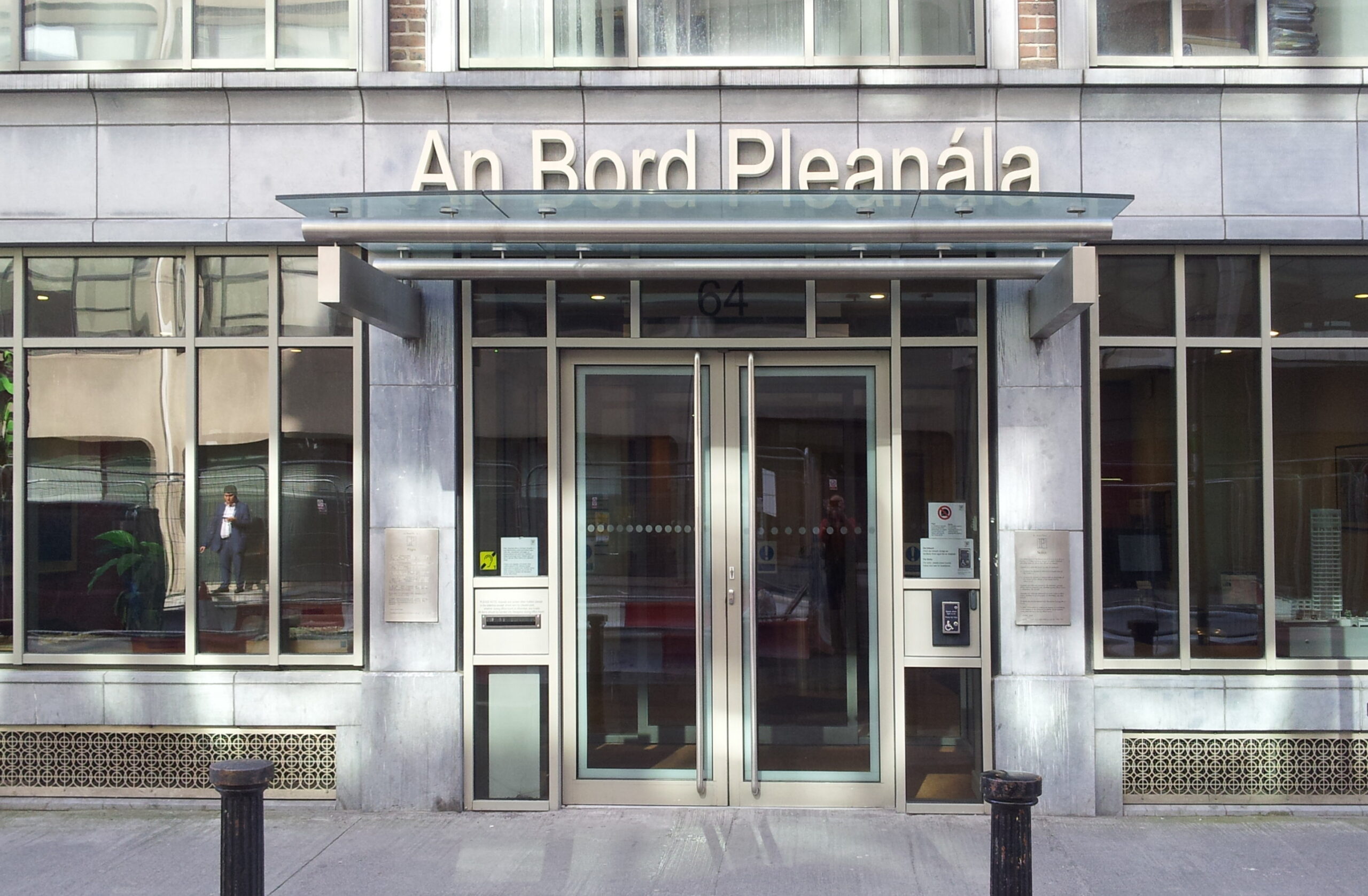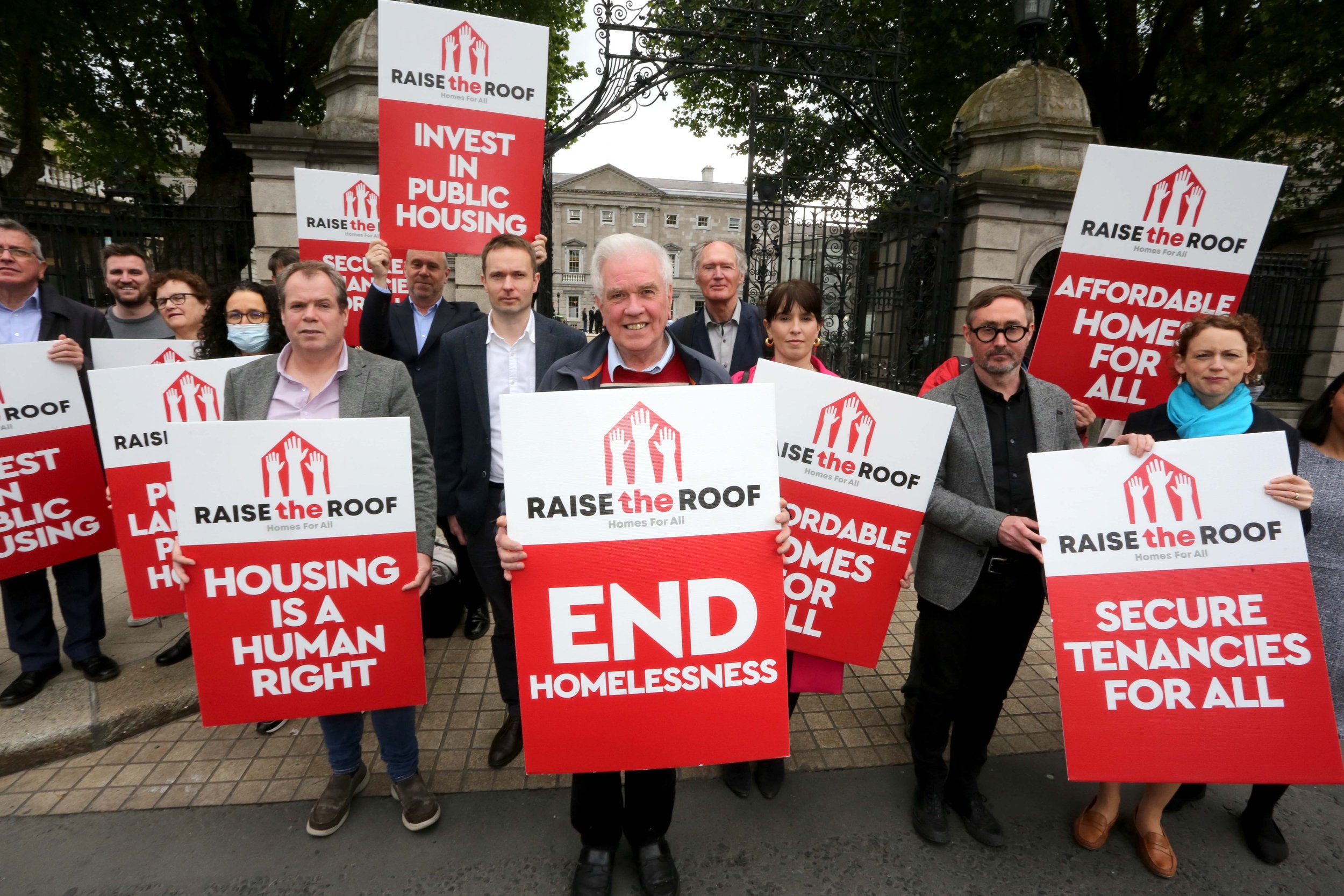
Who benefits from ending the eviction ban
A house or apartment that is owned by someone who does not live in it, is not that person’s home, but it is their property. If the property has a tenant living in it, it is now their home, even though they are not the owner.










